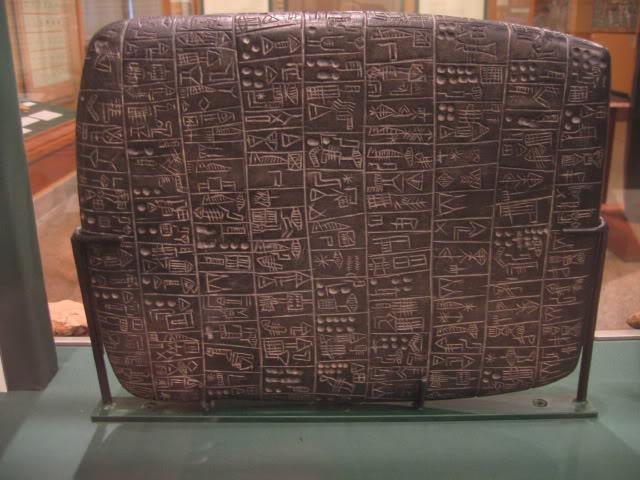Special and auxiliary historical disciplines and their role in historical research
Historians do not draw knowledge of the past from nowhere. There is a large number of branches of historical science that help advance in the study of specific periods of human history. What are these industries, and how do they help historians understand the past?
Classification of Historical Disciplines
For most of them use the term"Auxiliary historical disciplines." Conditionally they are divided into two groups. The first group is concerned with studying different types of sources from one side. These are such auxiliary historical disciplines as archeography, genealogy, archival studies, palaeography, historical metrology, epigraphy, papyrology, chronology, textology. For example, chronology deals with the study of chronological systems, for which various kinds of written sources are used. Historical metrology studies the units of measurement of weight, length, and other quantities that existed in different countries. Without it, we could hardly imagine what pud, pound, or talent is, which are reported in many written sources known to us. Specialists in epigraphy are interested in short inscriptions on the content - on stones, artisans' products, walls of buildings, etc.
The second group includes disciplines that deal withthe study of specific types of sources, but at the same time considering them from different angles. For example, you can bring numismatics, sphragistics, heraldry, faleristics. Each of them has a narrow subject of investigation. Numismatics studies money signs (paper and metal), sphragistics - seals, heraldry - arms, faleristics - types of awards.
There is another term - specialhistorical disciplines. These are branches that are considered to be completely independent parts of historical science. The most famous of them is archeology. It is a science with its own terms and periodization and a wide range of material sources. This also includes historiography, which studies the development of history as a science. Also to the special one can include such historical disciplines as ethnography, source study, historical geography. In general, this term in science has not yet settled - it is used to replace the word "auxiliary", and for independent disciplines. Different historians define the independence of a particular discipline.
The role of ancillary and special disciplines in research
What role do special andauxiliary historical disciplines in the process of knowledge of history? In fact, these are the bricks from which historical knowledge is composed. Any professional historian has to acquire special knowledge in order to successfully investigate a specific period. Thus, a specialist in the history of the Middle Ages will have to master both narrow palaeography, studying written manuscript monuments, and a broader source study. Auxiliary historical disciplines give us knowledge, thanks to which we gradually present a general picture of a particular period. For example, the presence of inscriptions on handicrafts from the epoch of Kievan Rus testifies that literacy was spread not only among the nobility, but also among ordinary people. Finds of antique vessels with stamps in the burial places of nomads in the Black Sea steppes make it possible to determine the directions of trade conducted by these nomadic peoples. Genealogy gives us knowledge about related ties in the aristocracy, dynastic contacts of rulers. A huge role in historical research is played by the chronology studying the systems of chronology in different countries. Without it, we simply could not determine the sequence and time of events in historical documents.
In general, the division of historical disciplines into auxiliary and special disciplines is very conditional. After all, each of them is an integral part of historical science, which helps scientists to learn more about the past.
</ p>







